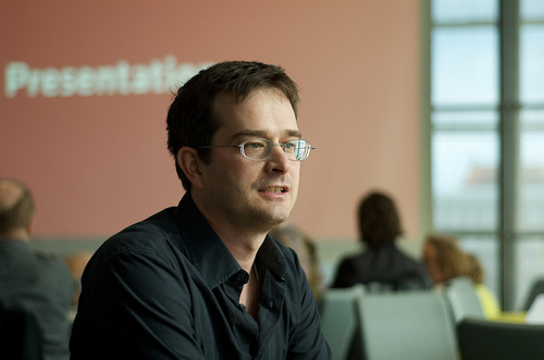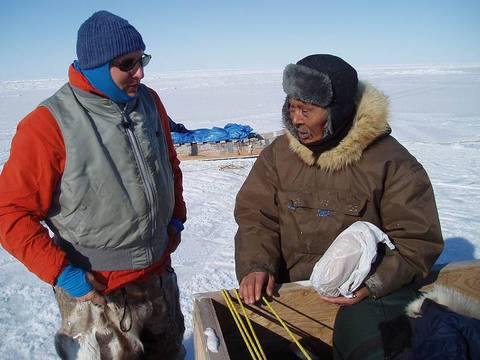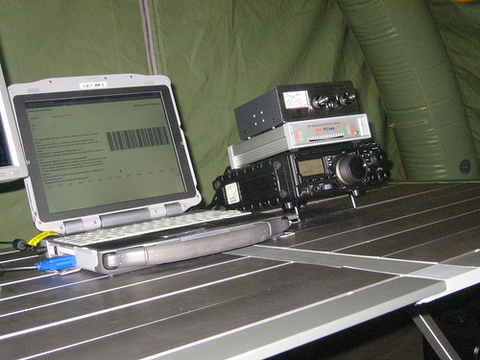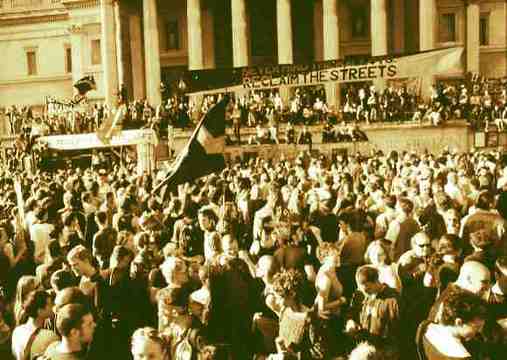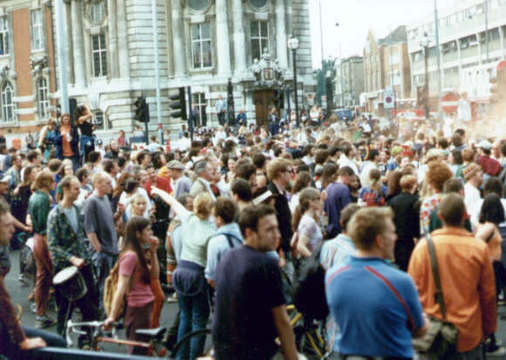Using the Media: the Clean Clothes Campaign
The existing use of media so far has been determined by the local, decentralized nature of the campaign. Local groups are adapting, editing and redesigning existing material like research results, lines of argumentation and logos, photos and slogans. The educational material, used by trade unions, schools and churches is very specific and "customized", and therefore cannot be used in campaigns which target the general public.
Read


